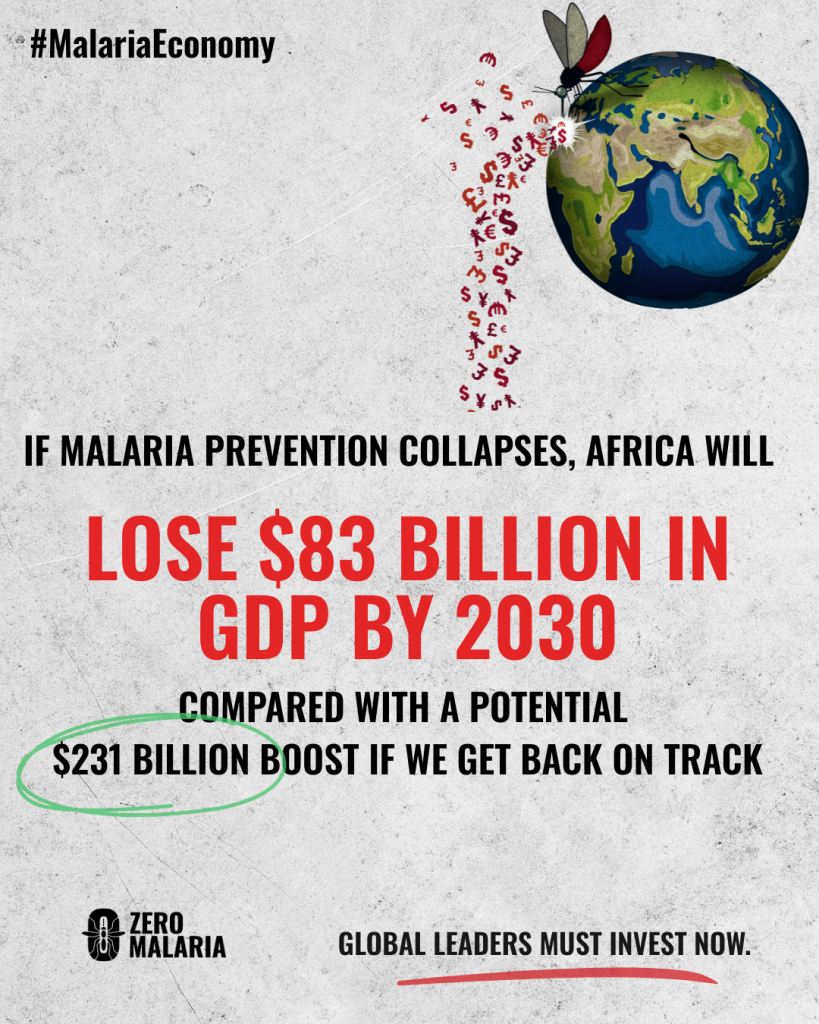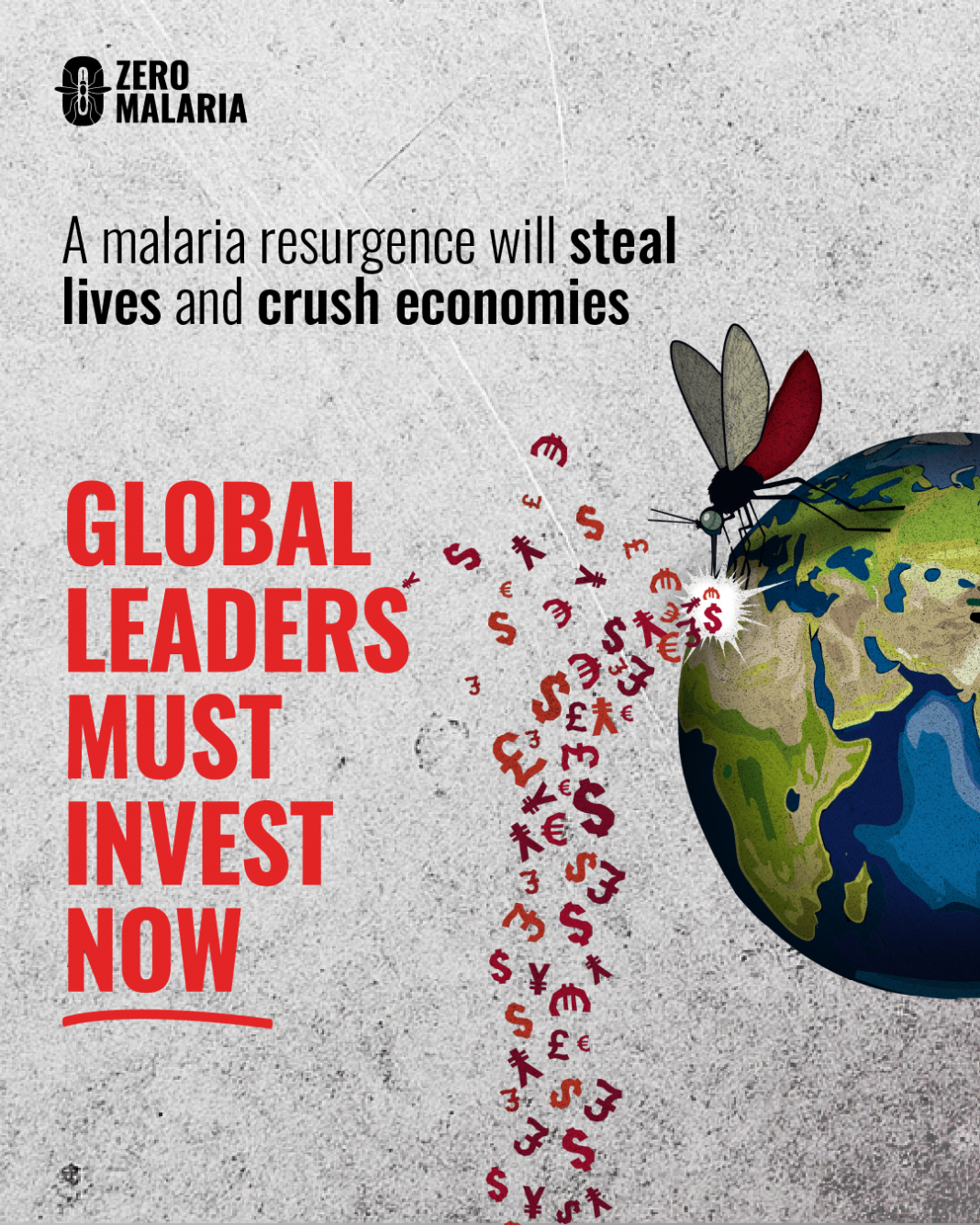By Milliam Murigi
As the world prepares for the 8th replenishment of the Global Fund to Fight AIDS, TB, and Malaria later this year, new research cautions that underfunding the malaria response could reverse decades of hard-won progress.
The report by the African Leaders Malaria Alliance (ALMA) and Malaria No More UK (MNMUK) reveals that if current funding shortfalls persist, sub-Saharan Africa could lose $83 billion in GDP by 2030, and 990,000 additional lives, including 750,000 children under five, could be lost to malaria.
On the other hand, staying on track to meet the 2030 malaria elimination targets could save 1.86 million lives and boost Africa’s GDP by a staggering $231 billion.
“Even small adjustments to malaria financing have a significant impact on malaria cases and deaths and present huge consequences for GDP, global trade, and key sectors like mining and agriculture,” the report notes.
In addition to the $83 billion GDP loss by 2030, Africa could face a $19.7 billion reduction in future earnings among school-aged children due to missed school days and reduced productivity if malaria prevention efforts collapse.
Conversely, accelerating malaria control efforts to meet global targets could add $2.5 trillion to African economies and $112 billion in trade gains with G7 countries by 2040. However, a 20 percent reduction in Global Fund replenishment could result in a $30 billion decrease in Africa’s GDP and a $1.3 billion reduction in bilateral trade within the same period.
“In a worst-case scenario, where malaria prevention falters entirely, Africa could lose $402 billion in GDP, while G7 nations could forfeit $15 billion in trade by 2040,” reveals the report.

Despite halving mortality rates over the last two decades, malaria remains one of the world’s deadliest diseases. The World Health Organization’s 2024 World Malaria Report shows that Africa continues to bear 95 percent of the global malaria burden, with 263 million cases and 590,000 deaths in 2023 alone. Children under five accounted for 76 percent of those deaths.
The Global Fund’s impact in mitigating this crisis cannot be overstated. Since its inception in 2002, it has saved 70 million lives from AIDS, TB, and malaria combined. In 2024 alone, the Fund distributed 162 million insecticide-treated nets, a critical intervention that has helped millions of families stay safe from malaria-carrying mosquitoes. However, recent funding cuts and shifting global priorities threaten to undo this progress.
“Efforts to control and eliminate malaria are in jeopardy as communities and programmes face the fallout of recent funding reductions,” cautions the report.
The upcoming replenishment offers a vital opportunity for world leaders to reaffirm their commitment to global health security and sustainable growth. Fully funding the Global Fund is not just about saving lives; it’s about protecting economies, safeguarding education, and securing the future of an entire generation.
“Funding malaria is not just a health investment; it fuels growth, protects trade, and secures a stronger, safer, and more prosperous world for all. If the world turns its back on the fight against malaria now, it won’t just be Africa that suffers. Global economic stability, trade, and human development stand to lose,” the report concludes.
According to the report, Malaria reduces GDP growth by up to 1.3 percent per person each year, even after accounting for other social and economic factors. Per-person income in malaria-endemic countries is, on average, 70 percent lower than in countries without malaria.
Conversely, even modest reductions in malaria can generate measurable economic benefits. A 10 percent drop in malaria incidence is linked to a 0.11 percent increase in per capita GDP growth per year. This means even relatively small reductions in malaria rates measurably boost economies.






